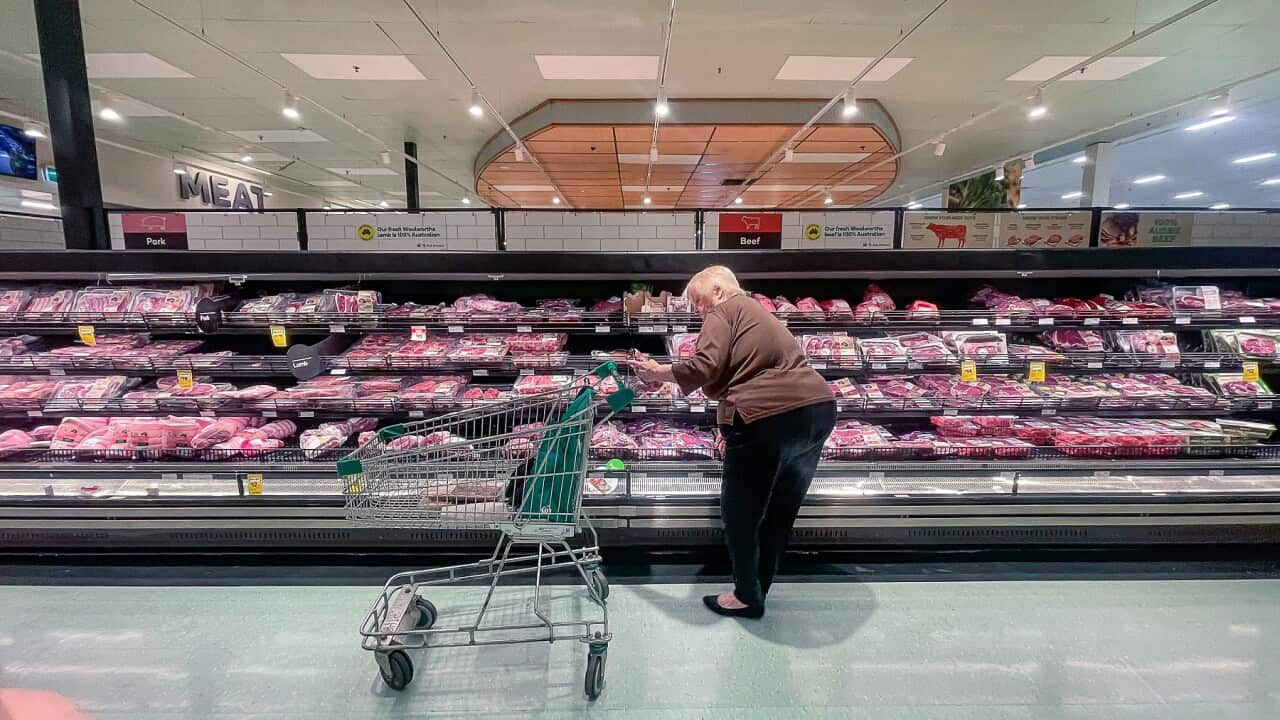TRANSCRIPT
Cost of living is one of the biggest issues for Australians.
With grocery prices skyrocketing, the government is exploring all avenues to ease the financial pressure.
One piece of the puzzle is the Food and Grocery Code of Conduct.
First introduced in 2015, the code covers the relationship between supermarkets and their suppliers, regulating how business occurs between the two parties, ensuring it's a fair and transparent process - and it’s currently under review.
Economist Dr Craig Emerson is heading up the investigation.
He says that it’s a key part of improving consumer outcomes.
“What we are looking for, not only in this review of the Code of Conduct but in other initiatives that the government has announced a s to whether more competition can be introduced in the grocery sector. In the end, competition is the key. This form is part of a broader approach, which looks at whether there are ways of getting more competition into the supermarket industry in Australia.”
The code of conduct is voluntary.
Dr Emerson says that could change.
“There's only, since 2020, been five disputes recorded under the Code of Conduct. Those who favour the Code of Conduct say, that's because it's working so well. And those who are in favour of a mandatory or compulsory code of conduct, say that's because the suppliers are terrified about approaching an arbiter because they might get their product delisted from the supermarket shelves. And so we've got to sort through that to find out the truth.”
National Farmers' Federation President, David Jochinke says the code should be mandatory.
"We are calling for it to become more a mandatory code, not a voluntary code, purely so that there is a legal avenue for that engagement to occur."
Mr Jochinke recognises it's only one part of improving supply chains in Australia.
“We've got to be very careful that we don't treat this as a silver bullet fix. There's a lot of other things that take the supply chain to operate efficiently. And we're just saying that yes, we need to cover off on this issue. But there's a lot more work to be done if we want consumers and farmers to both benefit out of a more productive and efficient system.”
The Australian Food and Grocery Council were not available for comment.
The review is accepting submissions until the end of February.













